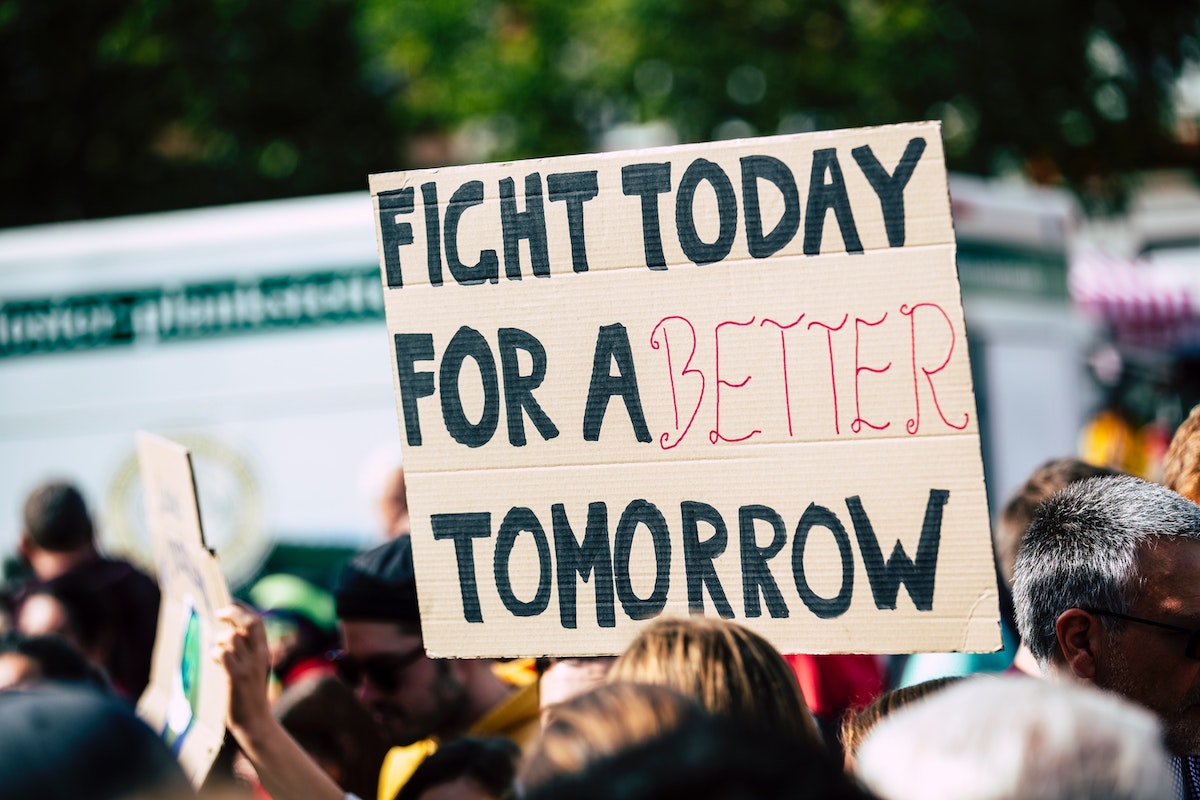Leaders could do well to tap into youngsters for their perspectives and ideas, instead of excluding them from policymaking.
I RECENTLY facilitated a number of university students in an engagement programme organised by Southeast Asia Regional Centre for Counter-Terrorism (SEARCCT), an agency under the Foreign Ministry.
Aimed at elevating the youth’s awareness of violent extremism, my interaction with the students led to interesting observations, some beyond the parameters of preventing and countering violent extremism (P/CVE).
First, many youth lack awareness about the threat in Malaysia and the region, despite years of publicity on the matter.
Students often needed time to unpack the learning materials that we shared, many of which were new to them. Some made comparisons with local criminal cases in order to contrast them with past terrorist incidents.
The declining threat perception, especially since the physical defeat of Islamic State and the advent of the pandemic, may explain this low level of awareness.
A lack of knowledge, however, did not stop them from taking an active part in the sessions, energetically asking questions and voicing out opinions to speakers, including a former inmate, experts and famed academicians.
One student in my group remained plugged in to the virtual conversation while on a bus because she didn’t want to miss out on anything.
This level of interest shattered my preconceived notion that P/CVE is a highly esoteric subject. It also shows that the youth were open to and capable of processing new knowledge quickly.
This shows that more engagements could be devised. SEARCCT’s programmes are designed not only to equip the youth with the necessary information, but also to build their skills in digital resilience, critical thinking and counter-messaging. It is important to include the youth as part of the solution to the problem.
Second, the programme highlighted the pandemic-induced problem of inequality.
Some students in my group did not have access to stable internet connection, regularly dropping out and missing chunks of the conversation.
Unlike their urban-based peers, they were based in Negri Sembilan at the time. If taking part in such a programme was a challenge, I dread to think about their regular classes.
When probed further, they said their kampung folk have had it worse. Schools and pupils in Jitra and Bintulu still face electricity and water problems, infrastructural challenges and drop-out phenomenon, in addition to unstable internet connection and expensive learning devices to keep up with studies during this pandemic.
These anecdotes point to the risk of rural pupils falling further behind.
It was also reflected in my students’ recommendation to stave off the influence of extremist ideas on the youth. Many of their peers are concerned about political concepts, such as the Universities and University Colleges Act, Undi 18 and greater youth participation, while my students focused on one objective: rural development.
Their recommendation reminds us that extremism and the pandemic are not just urban problems.

Covid-19 has exacerbated the urban-rural divide in Malaysia. If those at the periphery fail to receive proper goods and services from the government, extremist groups could prey on them to further their subversive agenda.
Third, there is a need to acknowledge that today’s youth have their own worldview and expectations. My students related the difficulty of trying to connect with his parents, even on something as basic as vaccines.
Failure to acknowledge this intergenerational divide could lead to difficulties later, especially if policies or strategies are devised without reflecting the reality of today’s youth.
This is why interaction and partnership with the youth, such as the programme by SEARCCT, should be encouraged to bridge this chasm between the young and the old. Often, the youth only need someone to listen to them and assure them that the world has not ended.
Albus Dumbledore: “Youth cannot know how age thinks and feels. But old men are guilty if they forget what it was to be young.”
We may have been guilty of this as well.





